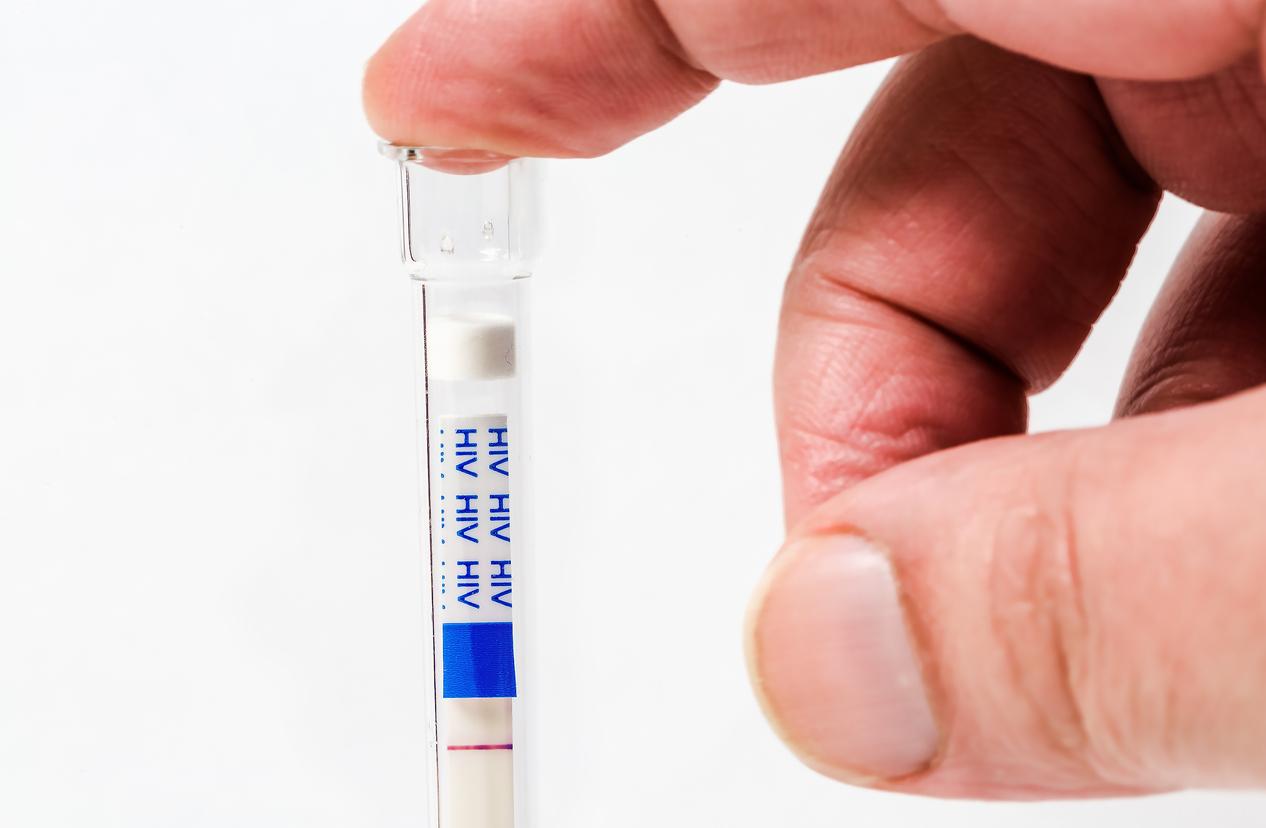The HIV epidemic is likely to start again in the world, warns the UN. It particularly implicates the Russian Federation where new contaminations have exploded this year.

“We are sounding the alarm,” explains Michel Sidibé. The executive director of UNAIDS, the UN program in charge of the fight against HIV, is worried about the lack of results in the battle against the new infections. Their numbers are stagnating at best, and even increasing in some parts of the world, according to a report released on Tuesday. Between 2010 and 2015, the number of contaminations thus increased by 57% in Eastern Europe and Central Asia. Russia, in particular, is singled out.
“The advantages of prevention are not exploited,” insists Mr. Sidibé. If new HIV infections re-emerge, the epidemic will become unmanageable. The world must immediately take action to end the backlog in prevention. “
The risk of spread
The Russian Federation has made efforts to treat people with HIV, but is doing nothing – or even backing down – on the prevention front. Methadone, a substitute for heroin for drug addicts, has been banned, which automatically increases the risk of contamination. Discrimination against populations at risk – homosexuals, sex workers and their clients, imprisoned people – is pushing back prevention campaigns.
“If you do not control the epidemic within these groups, because you marginalize them, because you exclude them, because you criminalize them, the infection risks spreading to the whole population”, warned Mr. Sidibé.
The associations are accused of being “foreign agents”. The authorities blame these NGOs for their foreign funding, while it is impossible for them to obtain it in Russia. Even more surprisingly, the manufacturers of condoms are doomed! Either legally, for obscure health registration reasons, or morally: they are sometimes accused of promoting the epidemic by encouraging the youngest to have early sexual relations. A shame …
Preventive speech is reserved for religious authorities, who are content to advocate heterosexuality, abstinence, marriage and fidelity. As a result, more than a million Russians are HIV positive, almost 1% of the population. In 2014 alone, 90,000 new cases were recorded.
Figures since 1980
The UNAIDS report also recalls figures which show that the epidemic is far from over: between 2010 and 2015, almost two million people would have been infected worldwide. Since the start of the epidemic in the 1980s, 78 million people have been infected with HIV, and 35 million have died from AIDS-related illnesses.
To bring this scourge to an end, the 90-90-90 target should be reached: 90% of infected people must know their HIV status, 90% of people who know their HIV status must be on antiretroviral treatment, and 90% of the latter. must have an undetectable viral load.
Iran admits its mistakes
The share of transmission of HIV through sexual intercourse has doubled in ten years from 15% to 30% in Iran. The fault of the religious constraints which prevent to speak about sexuality, estimates the Iranian vice-minister of health, Ali Akbar Sayari.
“The transmission of AIDS during sexual relations is on the increase and the population must be openly informed if we are to control” the phenomenon, he said during a press conference with a leader of the World Organization. health (WHO), Oleg Chestnov.
He recalls that it is for example forbidden to speak publicly about condoms, even if they are sold over the counter. Prostitution and homosexuality are also a problem.
The Iranian health ministry estimates the number of people living with HIV at around 32,000. According to UNAIDS, it is two to three times higher.
.
















